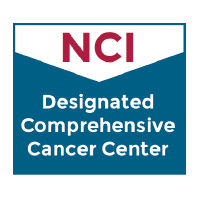
Kaposi's Sarcoma
Kaposi's sarcoma (KS) is a disease in which cancer or malignant cells are found in the tissues under the skin or mucous membranes that line the mouth, nose and anus.
Until the early 1980s, Kaposi's sarcoma was a very rare disease found mainly in older men, patients who had organ transplants or African men. With the AIDS epidemic in the early 1980s, doctors began to notice more cases of Kaposi's sarcoma in Africa and in gay men with AIDS. Kaposi's sarcoma usually spreads more quickly in these patients.
The chance of recovery depends on what type of Kaposi's sarcoma you have, your age and general health, and whether or not you have AIDS. Although KS often responds well to treatment, recurrent disease is common. This means that KS will likely recur after it has been treated. It may come back in the area where it first started or in another part of the body.
Our Approach to Kaposi's Sarcoma
UCSF offers compassionate, cutting-edge care for Kaposi's sarcoma, alongside many support services and access to potential new therapies via clinical trials. Treatments may include surgery to remove the skin lesions; chemotherapy, which may be delivered throughout the body or injected directly into the lesions; radiation therapy; and biological therapy, which helps the body's immune system fight the cancer. Also, for patients who are HIV positive, HIV drugs can slow the lesions' growth or even reverse the condition.
Awards & recognition
-

Among the top hospitals in the nation
-

Best in Northern California for cancer care (tie)
-

Designated comprehensive cancer center





